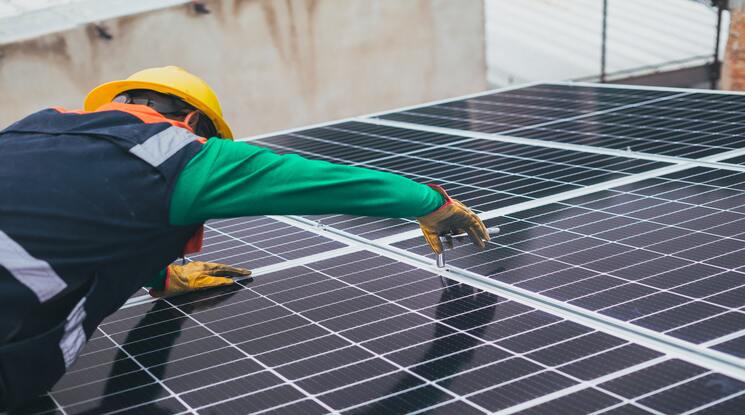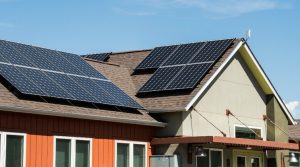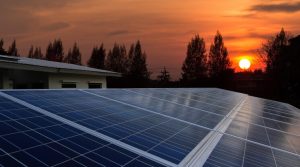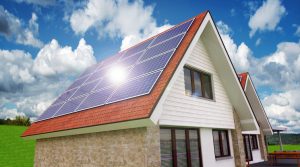Solar energy Virginia has gained immense popularity in Virginia as homeowners seek sustainable ways to power their homes while reducing energy bills. As solar panel installations become more common, many solar owners are considering the next step: energy storage. Energy storage systems, such as batteries, allow homeowners to store excess solar energy for use during cloudy days or power outages. If you’re a solar owner in Virginia exploring the possibility of energy storage, this blog will help you understand the key questions to ask before making this important decision.
Is Energy Storage Right for My Home?
The first and most fundamental question is whether energy storage is a suitable option for your home. Consider factors like your energy consumption patterns, the size of your solar panel system, and your local climate. If your solar panels consistently generate more energy than you use or if you’re concerned about power outages, energy storage could be a valuable addition.
What Are the Types of Energy Storage Systems Available?
Energy storage systems come in various forms, but the most common type for residential use is the battery. Lithium-ion batteries are popular choices due to their efficiency and durability. However, there are different brands and models to choose from, each with its own features and specifications. Research the available options and consult with a solar professional to find the best fit for your needs.
How Much Storage Capacity Do I Need?
Determining the appropriate storage capacity for your home is crucial. It depends on factors like your daily energy consumption, the size of your solar panel system, and your desired level of energy independence. Your solar installer Virginia can help you calculate the optimal storage capacity to meet your requirements.
What Are the Costs Involved?
Energy storage systems come with upfront costs, including the price of the batteries, installation, and associated equipment. It’s essential to understand these costs and evaluate the return on investment (ROI) over time. Consider whether there are available incentives or tax credits in Virginia that can help offset the expenses.
How Will Energy Storage Impact My Energy Bills?
Energy storage can lead to substantial energy bill savings over time. By storing excess solar energy during sunny days and using it when needed, you can reduce your reliance on grid electricity, particularly during peak rate periods. Ask your solar installer to estimate the potential savings based on your specific circumstances.
Can I Sell Excess Stored Energy Back to the Grid?
Virginia offers a net metering program that allows solar owners to receive credits for excess electricity fed back into the grid. While energy storage primarily focuses on self-consumption, some systems offer the possibility of selling surplus energy back to the grid. Check with your installer if this option is available with the chosen energy storage system.
What Are the Maintenance Requirements?
Energy storage systems generally require minimal maintenance. However, it’s essential to understand any maintenance tasks that may be necessary, such as periodic battery checks and software updates. Ensure that you’re comfortable with the maintenance requirements before installing an energy storage system.
Is There a Warranty?
Warranties provide peace of mind and protection for your investment. Inquire about the warranty coverage for the energy storage system, including the battery’s expected lifespan and degradation rate. A longer warranty period indicates the manufacturer’s confidence in the product’s durability.
What Is the Solar Installation Process in Virginia?
The installation process for energy storage typically involves connecting the batteries to your solar panel system and electrical grid. It’s important to work with a licensed and experienced solar installer who can ensure a safe and efficient installation. Discuss the installation timeline and any necessary modifications to your existing system with your installer.
Are There Local Regulations and Incentives?
Virginia may have specific regulations and incentives related to energy storage and solar installations. Check with your installer or local authorities to ensure compliance with any requirements. Additionally, inquire about available incentives, rebates, or tax credits that can make your energy storage investment more cost-effective.
How Will Energy Storage Impact My Environmental Impact?
Using energy storage to optimize your solar energy consumption can reduce your carbon footprint even further. By relying less on grid electricity, you contribute to a cleaner and more sustainable environment. Calculate the potential environmental benefits and understand your role in reducing greenhouse gas emissions.
What Backup Options Exist During Power Outages?
Energy storage systems can provide backup power during grid outages. However, it’s essential to clarify the duration and capacity of backup power your chosen system can offer. Some systems may only power essential appliances, while others can provide whole-house backup. Discuss your backup power needs with your installer to ensure they align with your expectations.
Energy storage can be a valuable addition to your solar panel system, providing increased energy independence, lower bills, and enhanced environmental benefits. By asking these essential questions and working closely with a reputable solar installer, you can make an informed decision about whether to incorporate energy storage into your Virginia home. Solar Companies Virginia not only complements your solar investment but also offers a more reliable and resilient energy supply for your household.




